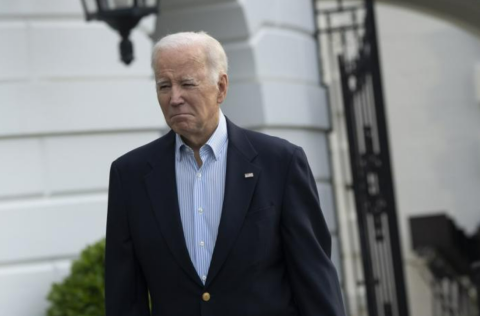Yemen Socio-Economic Update, Issue 73 - June 2022


Introduction
Financing for development remains one of the major issues all countries are grappling with, particularly the developing and least developed ones, given the huge challenge it poses to development plans and programs especially amid lacking resources needed to implement these plans and programs designed to achieve various economic and social goals, and improve the standard of living of States. The widening funding gap in these countries make them vulnerable and in need of resources and savings of others.
The ever-expanding international relations among the different countries, integration in resource mobilization and meeting funding requirements to achieve higher levels of economic safety and security for different peoples; amid shared sense by the international system represented by the various international institutions and global funding institutions towards social responsibility, as well as international partnership to achieve sustainable development goals; the United Nations system has adopted in its development and guidance agendas for developing and less developed countries, a set of strategies, technologies, tools, operations and means that are developed to support the establishment of national financing structures, in cooperation with Sustainable Development Bodies within the United Nations Group, with a view to overcoming barriers to development, and mobilizing resources, savings, local and international investments to finance sustainable development plans and programs.
The development process entails certain pre-requisites, including creating a conducive environment for attracting savings of others, mainly external savings, to ensure adequate safeguards and a positive working environment. This may include sufficient state-owned financial sources to meet its investment financing and production needs, while searching for new mechanisms that would ensure access to sustainable development funding, which is a shared goal sought by most countries.
In Yemen, the development funding gap has widened remarkably as a consequence of the war and conflict, which are attributed mostly to the cumulative GDP losses totaling about US $ 126 billion, according to UNDP estimates1. This is apart from the basic recovery and reconstruction needs estimated to be between US $ 20-25 billion (World Bank Estimates)2 for 12 sectors and 16 cities assessed. It must be emphasize, however, that these estimates are not complete nor city-inclusive, not to mention that other indirect damages, including the disintegration of public institutions and the social fabric; which requires a through assessment of the damages from late 2014 until now, to come up with more inclusive and accurate estimates of the recovery and reconstruction needs.
Therefore, this version of the YSEU Bulletin comes as a supplement to Issue (72), and is devoted to highlight the main priorities of recovery and reconstruction.
Throughout this Issue, we will be addressing the most important aspects of development financing in Yemen, including during the war across the different stages, as well as contexts and structure of absorbing foreign financing, areas of utilization, the main sources during the period 1990 - 2021, challenges and problems facing Yemen in accessing foreign assistance on the one hand, and issues that prevent the utilization of certain funding on the other. The paper also furnishes some policy proposals and actions that can be guided by to improve the management of overseas assistance and external funding, and harnessing them to serve development objectives and leveraging funding capacity, including mobilization of various local resources, particularly private sector savings as part of local and international development partnerships to advance the national development process.

Aden — Yemen Airways has announced new updates to its ticket cancellation (VOID) policy, introducing financial penalties on travel agents in…

Geneva – The United States announced that Yemen will not be among the countries benefiting from a new $2 billion funding pledge for United Na…

Paris — The French humanitarian organization Acted announced that it has delivered cash assistance to nearly 89,000 people affected by displa…